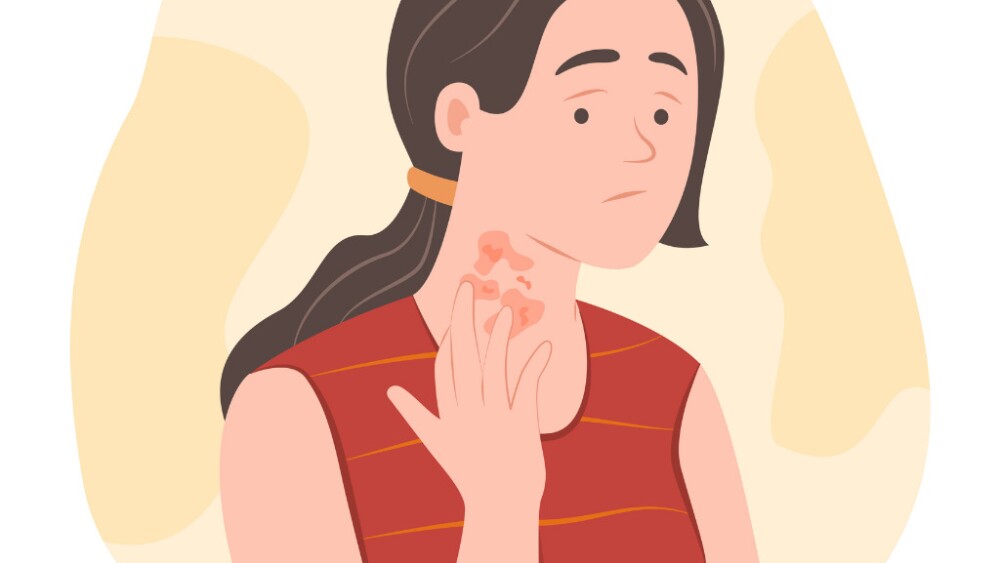In an SEC filing on Friday, Alumis said it aims to start late-stage trials of a TYK2 inhibitor in plaque psoriasis this year and is seeking public funding for the studies.
Alumis filed Friday for an initial public offering to raise money for Phase III trials of a potential rival to Bristol Myers Squibb’s Sotyktu (deucravacitinib) and Takeda’s TAK-279.
San Francisco-based Alumis is developing two TYK2 inhibitors in conditions such as plaque psoriasis, systemic lupus erythematosus and non-infectious uveitis. BMS won FDA approval for the TYK2 inhibitor Sotyktu in plaque psoriasis in 2022. Takeda acquired a potential challenger to Sotyktu by agreeing to pay Nimbus Therapeutics $4 billion upfront for TAK-279 after seeing Phase IIb data plaque psoriasis in 2022.
Alumis’ lead candidate, ESK-001, is trailing Sotyktu and TAK-279 but the biotech contends its molecule is a second-generation TYK2 inhibitor with advantages over the rival products. The biotech, which raised a $259 million Series C round in March 2024, wants public investors to fund work to validate ESK-001.
Alumis did not say in its SEC filing how much it aims to raise in the initial public offering (IPO). The company has applied to list its common stock on the Nasdaq Global Market under the ticker symbol ALMS.
The biotech is planning to raise enough money to deliver topline Phase III results for ESK-001 in plaque psoriasis, while completing mid-stage studies in systemic lupus erythematosus and non-infectious uveitis. Alumis is also earmarking some cash for a Phase I clinical trial of A-005, another TYK2 inhibitor that is differentiated by its ability to penetrate the central nervous system to treat neurological diseases.
Alumis’ pitch for funding rests on the claim that Sotyktu and TAK-279 have been unable to achieve full TYK2 inhibition, limiting their therapeutic potential. The approved Sotyktu dose “provides only partial target coverage,” the biotech said in its IPO filing. Higher doses showed incremental improvements in psoriasis and psoriatic arthritis, according to Alumis, but were associated with skin rashes in up to 9% of patients.
BMS saw skin rashes requiring treatment in preclinical tests but no clinically limiting findings were seen in studies of ESK-001. Alumis said skin rashes have been observed at much lower frequency with ESK-001 than rival molecules in humans to date, despite the biotech administering doses that provide “very high and sustained levels of target inhibition.”
Alumis plans to start two identical Phase III trials in plaque psoriasis in the second half of 2024 and report topline data from the studies in 2026. The biotech will compare ESK-001 to placebo through Week 16 and Amgen’s Otezla through Week 24.
The European Medicines Agency “provided comments on the length” of the studies that Alumis plans to address with comparator trials. Alumis said the “modifications could delay our development timelines for EU regulatory approval and require substantially more resources.” While the biotech is considering running other active comparator trials, it does not expect the data to form part of its U.S. approval filing.
Alumis’ IPO filing follows a slowdown in the pace of submissions to list biotechs on U.S. stock markets. A flurry of filings early in the year suggested the IPO window may have reopened after a slow 2023, but the level of activity has fallen since then.
Nick Paul Taylor is a freelance pharmaceutical and biotech writer based in London. He can be reached on LinkedIn.






